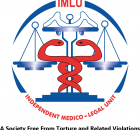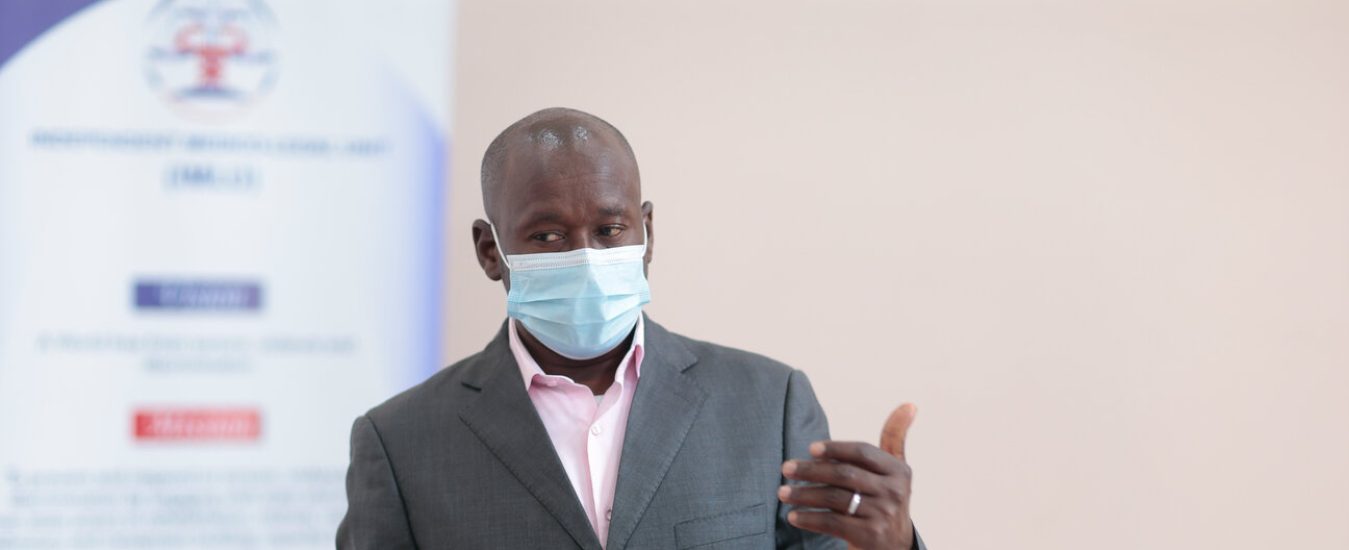At the time of declaring Covid-19 outbreak as a pandemic on 11th March 2020, the World Health Organization urged countries to take urgent and aggressive measures to stop the spread of the virus and provide the necessary support to the affected people. In taking the measures, countries were urged to strike a balance between protecting public health and minimizing socio-economic disruptions, and respecting human rights.
On March 11, 2020, the World Health Organization (WHO) declared that an outbreak of COVID-19 had reached global pandemic levels. In a number of countries, the outbreak exposed various shortcomings in different parts of the systems such as law enforcements systems, matters public health, corruption and more.
In responding to this crisis, governments were urged to urgently prioritize the right to health for all in alignment to human rights. This means prioritizing the health of the citizens over politics, ensuring that the socio-economic status of the people is boosted, caring for vulnerable groups in the society whilst enforcing the adopted measures with regards to all human rights.
International human rights law guarantees everyone the right to the highest attainable standard of health and obligates governments to take steps that fit the citizens in the prevention to threats of public health. When the Kenya’s government crafted and commenced the enforcement measures adopted to curb the spread of the disease,
various law enforcement mishaps were highlighted. Such measures include the enforcement of the curfew, travel restrictions, social distancing and wearing of masks. These measures restricted various fundamental freedoms such as freedom of movement.
Be that as it may, human rights law also recognizes that in the context of serious public health threats and public emergencies threatening the life of the nations, restrictions on some rights can be justified when they have a legal basis, are strictly necessary, based on scientific evidence and neither arbitrary nor discriminatory in application, of limited duration, respectful of human dignity, subject to review, and proportionate to achieve the objective. Indeed, the measures adopted by the Kenyan government were in response to the COVID19 virus but in turn brought upfront the long-known ills of the law enforcement agencies in our country.
There was a staggering rise in the number of various cases of police use of excessive force from the commencement of the COVID19 measures. A classic case of the ills being March, 27th 2020 when the very first overnight curfew was enforced. At least six people are reported to have died from police violence during the first 10 days of Kenya’s dusk-to-dawn curfew, imposed on March 27, 2020 to contain the spread of Covid-19 as per Human Rights.1
As a response to the cases IMLU handled 68 cases of extrajudicial executions and torture from 15 counties as at 30 October 2020. These included 25 cases of extra-judicial executions and 43 cases of torture or ill-treatment. Of these cases, 58 victims were male while 10 were female.
Out of the 25 cases of deaths caused by extra-judicial execution and torture, IMLU conducted 19 autopsies and prepared forensic and legal documentation which is critical in criminal proceedings and redress mechanisms. These subsequently formed the basis of further action by IPOA following the referral by IMLU.
State and non-state bodies reported receiving complaints that confirmed abuse of power by the police in contravention of the law. For instance, KNCHR had by 27 April 2020 registered 117 complaints relating to the pandemic out of which 66 related to use of excessive force by the NPS.
The figure had risen to 220 complaints by 6th June 2020. Similarly, IPOA reported receiving 93 (21 of them relating to death) complaints against police officers enforcing the by 22 September 2020. Non-state human rights bodies including IMLU, Haki
Africa, Kenya Human Rights Commission and Article 19 Eastern Africa reported receiving complaints relating to police excesses and other human rights violations.
The joint monitoring of the impact of Covid-19 in informal settlements by OHCHR and the Social Justice Centres Working Group documented 10 deaths – Kakamega (4), Nairobi (3), Kiambu (2) and Vihiga (1) counties – between 15 April to 6 May 2020.138 Whereas one person died as a result of shooting, nine died as a result of beatings. The report further stated that an asthmatic woman died in her house as a result of suffo- cation after police fired teargas in a residential area in Kibera.

